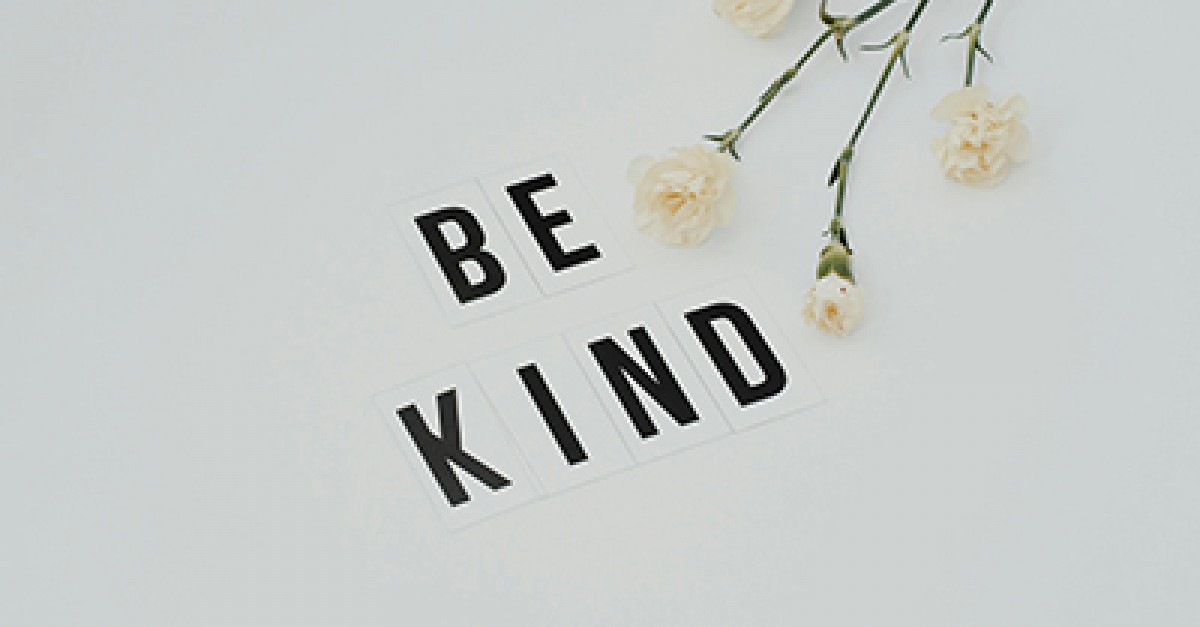In a sector built on nurturing, empathy, and care, it’s heartbreaking to witness how often educators themselves are left feeling isolated, undervalued, or even bullied. On this World Kindness Day, let’s pause and remember: kindness isn’t just for children. It’s for us, too.
Early childhood educators are facing immense pressure—understaffing, compliance burdens, emotional exhaustion, and systemic neglect. In such a climate, kindness becomes more than a virtue. It becomes a lifeline.
Kindness is:
- Checking in on a colleague who’s been unusually quiet.
- Speaking up when someone is being excluded or undermined.
- Sharing your resources, your time, your encouragement.
- Refusing to participate in gossip or passive-aggressive behavior.
- Welcoming new staff with warmth, not suspicion.
Stop the Bullying. Start the Healing.
Bullying in the workplace—whether overt or subtle—erodes trust, safety, and well-being. It shows up as:
- Micromanagement disguised as “support.”
- Public shaming over documentation errors.
- Cliques that isolate passionate educators.
- Dismissive attitudes toward culturally diverse practices.
We must name it. We must challenge it. And we must replace it with something better.
Examples of Kindness That Transform Culture
- A centre director notices an educator struggling with transitions and offers to co-reflect rather than reprimand.
- An experienced team member mentors a new graduate, not with superiority, but with humility and encouragement.
- A group of educators create a “kindness wall” where staff anonymously post affirmations and gratitude notes.
- An advocacy leader publicly thanks frontline educators in a staff meeting, naming their emotional labor and resilience.
These acts don’t just feel good—they shift culture.
Kindness Is Also Courage
Being kind doesn’t mean being passive. It means standing up:
- For your colleagues when they’re mistreated.
- For inclusive practices when they’re dismissed.
- For yourself when your boundaries are crossed.
Kindness is the courage to say, “This isn’t okay—and I care enough to speak up.”
Today, Let’s Choose Kindness
Let’s make kindness our default. Not just today, but every day. Because when educators are kind to each other, we model the very values we hope to instill in children: empathy, respect, and collective care.
Further Reading
Encouraging Kindness in Young Children
Practical Acts Of Kindness For Toddlers and Preschoolers
Implementing The Kindness Curriculum For Preschoolers
Random Acts Of Kindness For Children
Teaching Children How To Use Their Hands For Kindness
The Kindness Curriculum
Showing Kindness Posters
